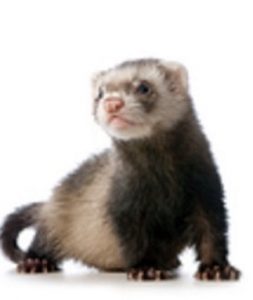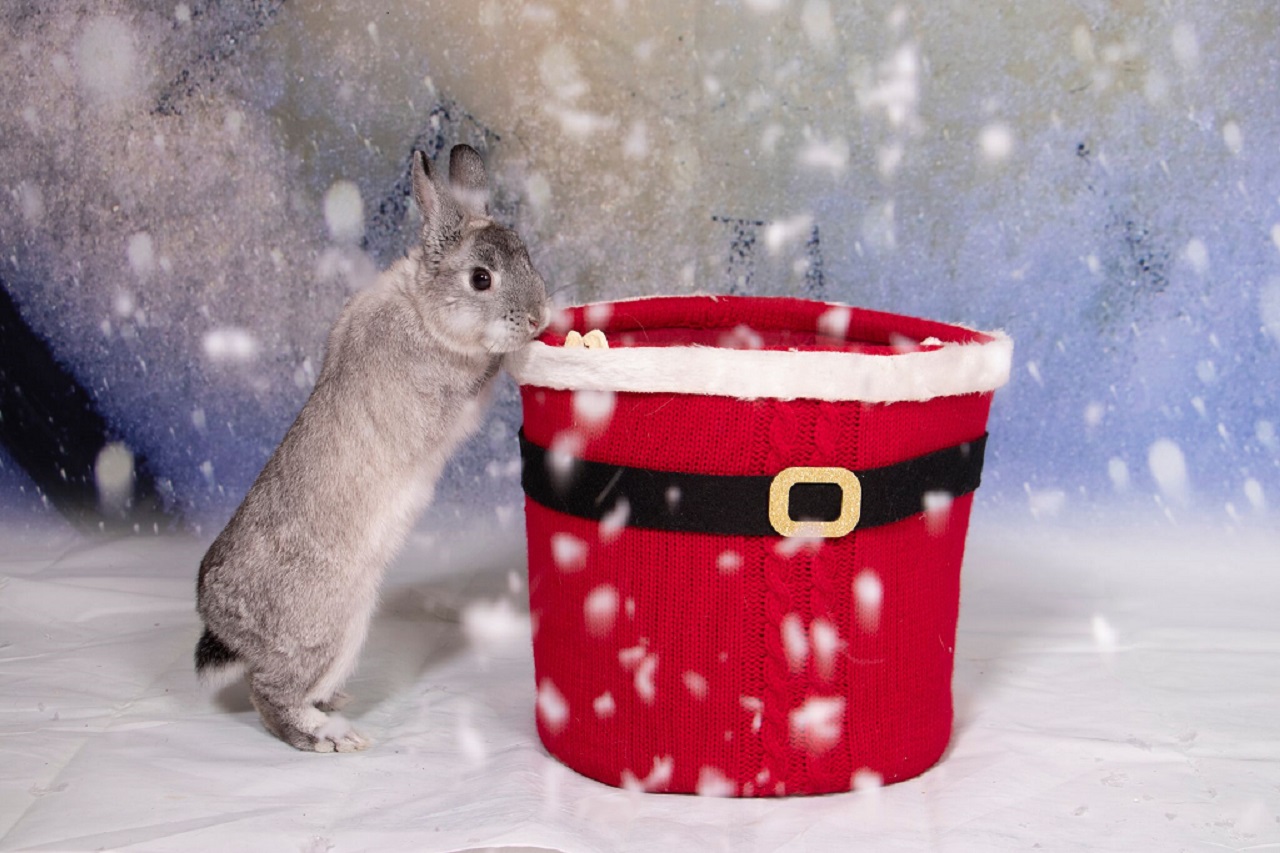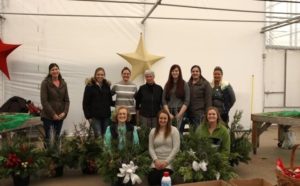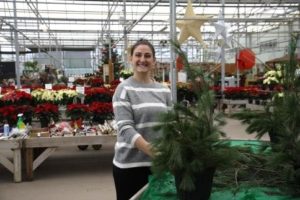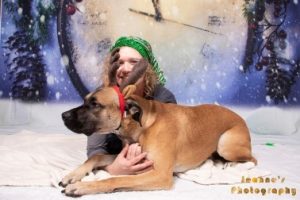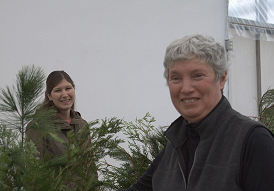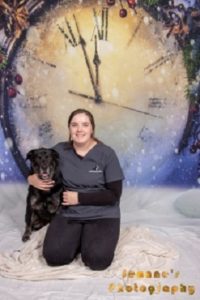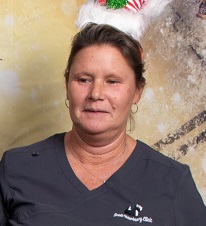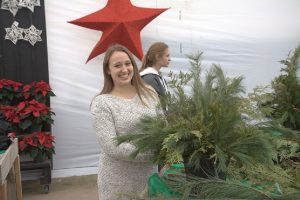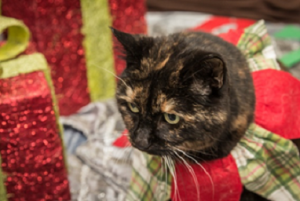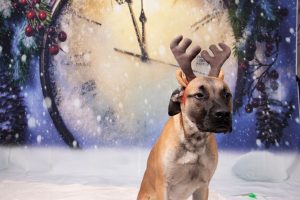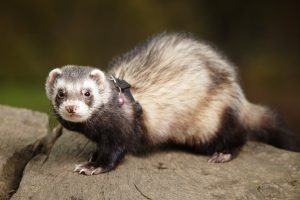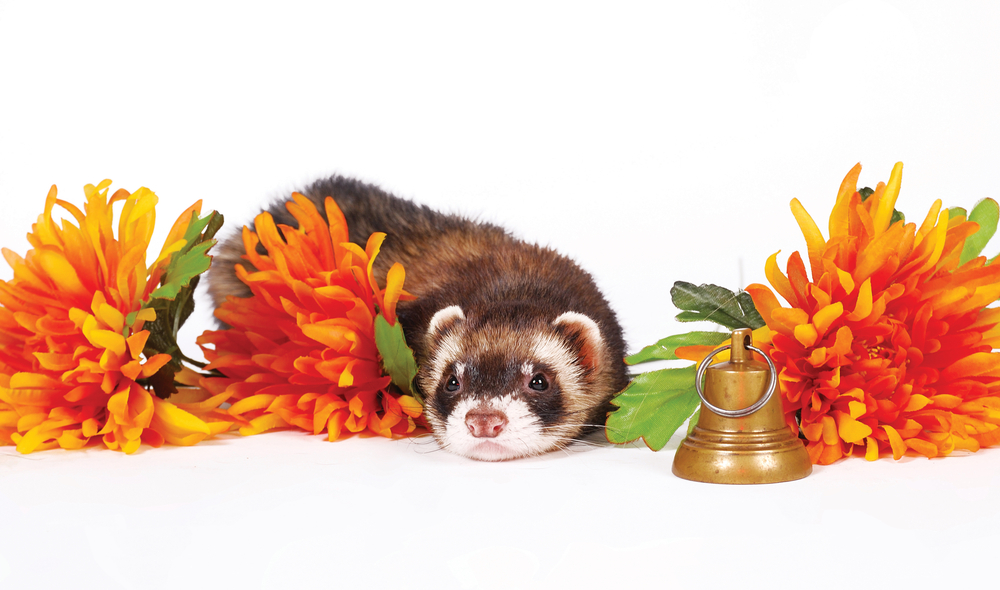
Do you own or are thinking of owning a pet ferret? It’s always an excellent idea to familiarize yourself with the most common health issues associated with your pet ferret so that you are prepared and ready to know when they may require veterinary attention.
Adrenal Disease
Adrenocortical disease is arguably the most recognized disease in pet ferrets today. “Adrenal disease” is the umbrella term for when a condition causes the adrenal gland(s) in the ferret to overproduce estrogen and/or progesterone steroid hormones. The most common characteristic sign of this disease is loss of hair (alopecia). This hair loss is commonly first observed on the ferret’s tail, causing a rat-tail appearance, and moves upwards along the ferret’s body. The hair loss is typically most obvious in the early springtime. Other clinical signs can include enlargement of the female external genitalia, overall total body itchiness, and sometimes difficulty urinating/urinary issues in male ferrets.
Adrenal disease is most common in older ferrets over 3 years of age. Adrenal disease varies in severity and presence of concurrent medical conditions, so diagnosis and treatment is decided on an individual basis. If you notice your ferret appears to be losing hair or appears itchy, your veterinarian will need to examine your ferret to rule out other possible causes including normal seasonal hair loss or an ovarian remnant (when female ferret that has not been spayed, or was spayed improperly).
The cause of such high rates of adrenal disease in pet ferrets is currently under debate. Suggested causes under research at this time include early neutering, too much artificial light, a genetic predisposition, as well as inappropriate diet. Speak with your veterinarian for further information about risk factors for your ferret developing adrenal disease.
Gastrointestinal Disease and/or Foreign Bodies
Ferrets make excellent pets due to their goofy unique personalities, their playfulness, and their relatively straightforward husbandry. Unfortunately along with their unique personalities comes a tendency towards naughtiness, and sometimes ferrets will get into things and may consume things that they shouldn’t be eating. It is important to “ferret-proof” your home to help prevent your ferret from gaining access to small items that they may ingest, leading to gastrointestinal blockages that often will require surgery to resolve, and can sometimes be fatal.
Ferrets are also prone to developing stomach and intestinal issues due to infection, inflammation, ingestion of toxins, or even cancer. Clinical signs of gastrointestinal disease or obstruction typically include lethargy, weakness, reluctance to move, and ferrets will commonly refuse to eat or eat less than usual, may lose weight, and may develop diarrhea. If you detect any one or more of these signs bring your ferret to a veterinarian immediately.
Insulinoma
In North America, insulinoma has been recognized as the most common type of tumor in pet ferrets. Insulinoma is a tumor of the pancreatic cells that produce insulin, leading to an overproduction of insulin released into the blood. This overproduction of insulin into the bloodstream causes the ferret’s blood sugar to drop, a condition called hypoglycemia. Common clinical signs include lethargy and weakness, drooling, collapsing, walking abnormally, as well as seizures. Any one of the above clinical signs should prompt an immediate visit to your veterinarian, as hypoglycemia can become severe and fatal. A ferret with a diagnosis of insulinoma may require surgery, usually followed by long-term medical care.
Lymphoma
Lymphoma, or cancer of the lymph tissues, is the most common malignant form of cancer in pet ferrets. Lymphoma can occur at any age in ferrets and the clinical signs associated with it will vary depending on the organ(s) affected by the tumors. Surprisingly, lymphoma is sometimes an incidental finding in a ferret coming to the vet clinic for another seemingly unrelated health reason, such as adrenal disease or dental disease, or even at an annual wellness vet visit. Treatment is often not curative, but is more commonly aimed at reducing the amount of cancer in the ferret’s body and maintaining the ferret’s quality of life. Treatment can include chemotherapy, radiation therapy, and different medication to keep the ferret comfortable and feeling well.
Dental Disease
Domestic ferrets in North America appear to be prone to developing disease in their teeth and gums. It is speculated that this high occurrence of dental disease may be due to consuming dry kibble as the mainstay of their source of nutrition, causing abrasion and wear-related damage to the ferret’s teeth. Ferrets are also known for chewing on toys and the bars of their cage, which can lead to damage to their teeth as well. Ferrets will sometimes break the tip of their canine teeth off due to inappropriate chewing of hard objects. Dental disease is commonly overlooked in pet ferrets due to generally lacking obvious clinical signs. Your veterinarian will check your ferret’s teeth during their annual wellness physical examination.
It has been suggested that moistening down the dry ferret kibble may reduce weathering of the ferret’s teeth. For more information on diet and nutrition in ferrets, please see previous blog post on ferret husbandry and care.
Heart Disease
Similarly to humans, middle aged and older ferrets are at risk of developing heart disease. Ferrets with heart disease most commonly show lethargy, difficulty breathing, may lose weight, may stop eating, and may cough. For unknown reasons, ferrets with heart disease may show weakness in their hind-legs. If you see any of these signs in your ferret, your veterinarian needs to examine your ferret, listen to their heart with their stethoscope, and they may recommend taking an x-ray of your ferret’s chest to examine the size of your ferret’s heart and the condition of your ferret’s lungs. Your veterinarian may also recommend an echocardiogram (ultrasound of the heart) for a more detailed look at the valves in your ferret’s heart. Depending on the diagnosis, your veterinarian will prescribe medications to help support your ferret’s heart.
Though uncommon in this location, ferrets can become infected with heartworm. It is prudent to discuss risk of heartworm in your area and the potential need for heartworm prevention in your pet ferret with your veterinarian.
Thank you for taking the time to read about these common ailments to keep in mind when caring for your pet ferret. Of course this list of ailments does not cover everything that can affect your ferret’s health, so it is important to have your ferret checked annually by a veterinarian!

